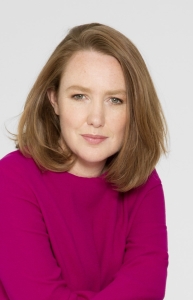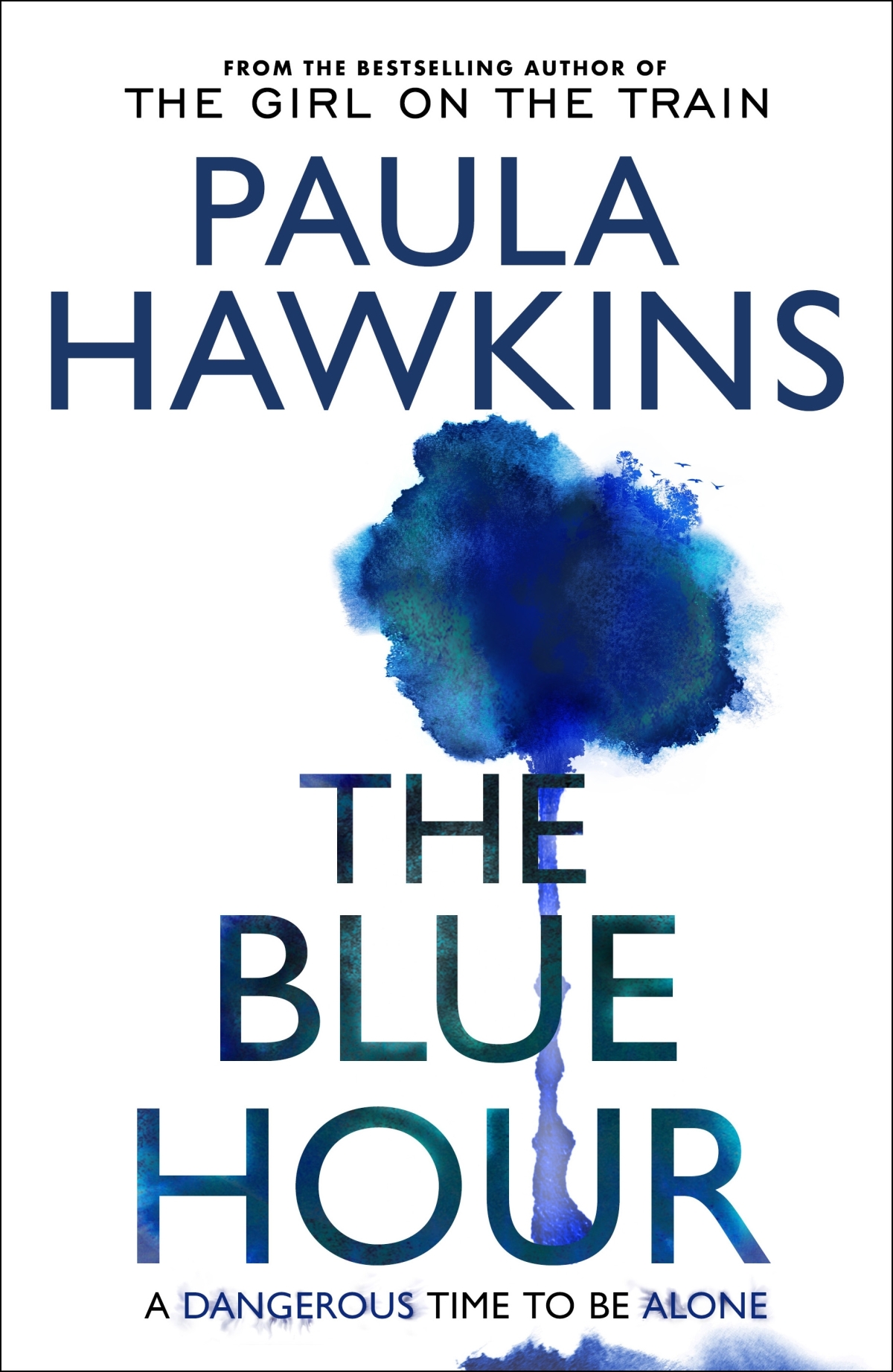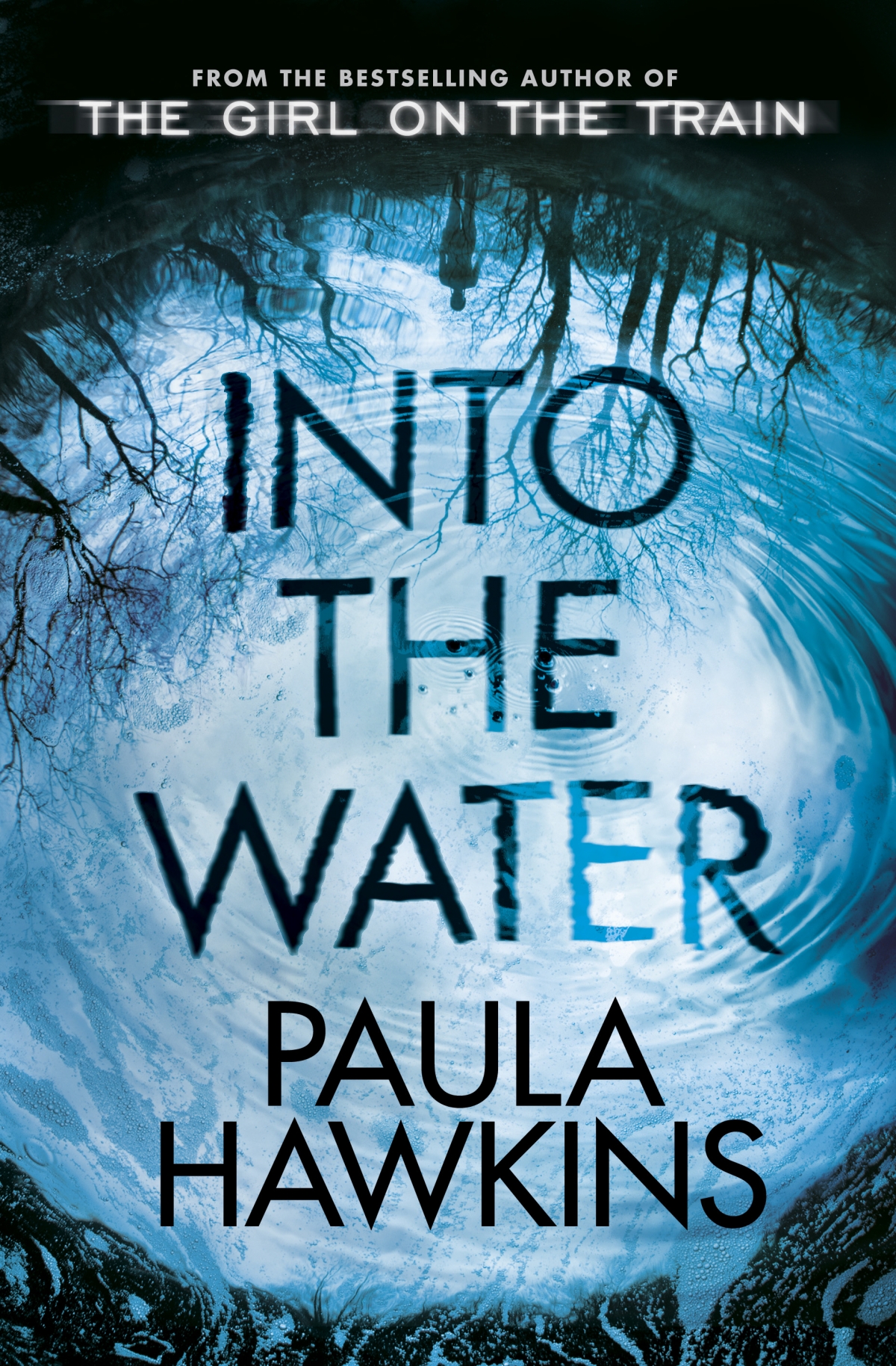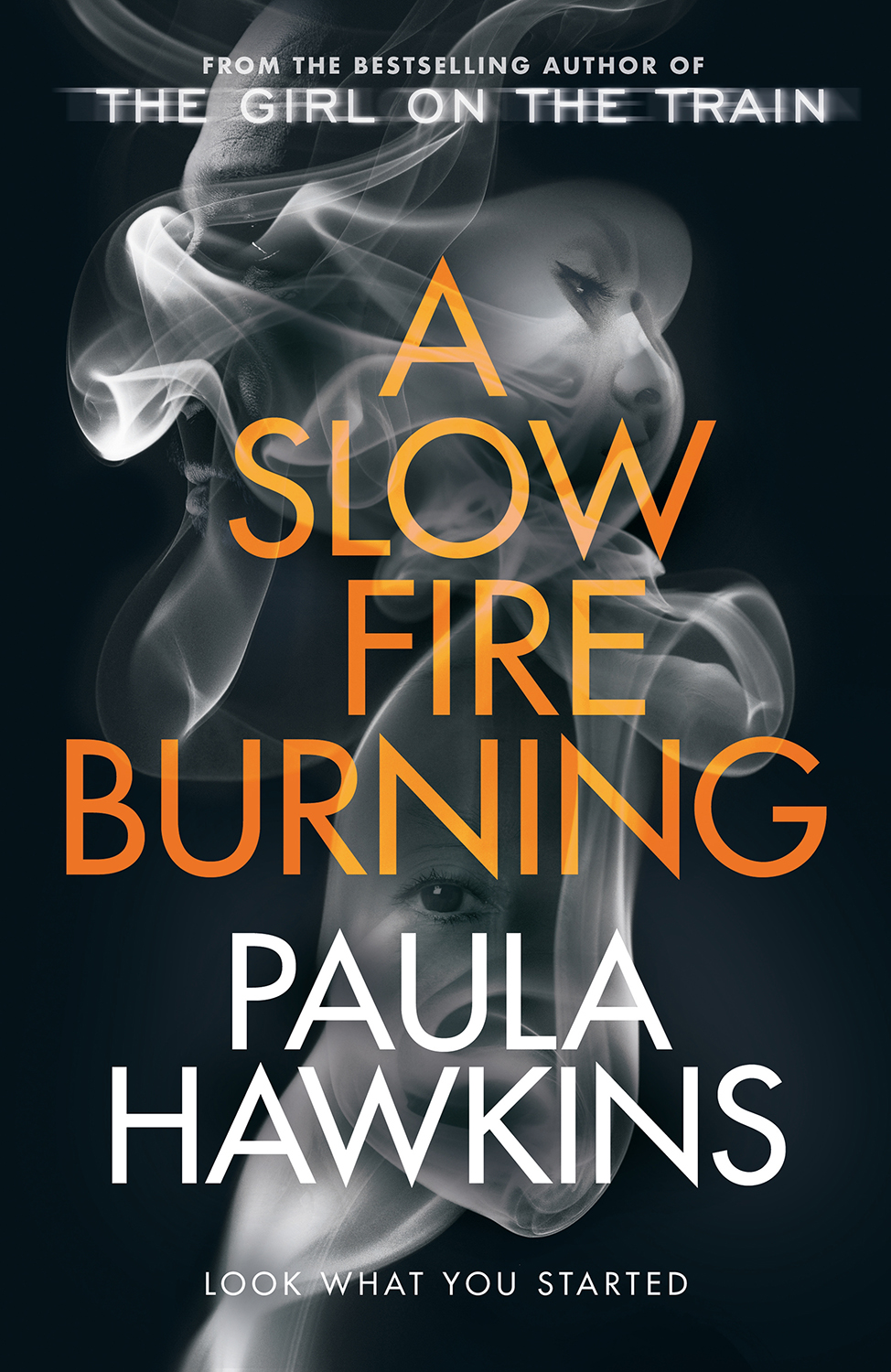
In celebration of her latest release, The Blue Hour, bestselling author Paula Hawkins opens up about her creative process, building suspense, and the journey to finding her voice as a novelist. Known for her gripping, character-driven thrillers, Hawkins shares insights on how she keeps readers hooked by giving just enough clues to stir anticipation without revealing everything at once. In this interview, she also reflects on the importance of writing routines, her inspirations, and the surprising moment when she finally discovered her true narrative voice. Dive into the mind of a storyteller who's mastered the art of suspense.
Please talk about how you build suspense in your stories?
You create suspense when the reader knows something which the characters do not; you create suspense through anticipation. So the trick is to give the reader an indication of where you are going without giving them all the details, without giving them the what, where, when and how. That is what compels people to turn the page. Or at least, that is part of what compels them: you also need to create characters that people care enough to be interested in following them around for three hundred pages.
Generally, what is your writing routine like, and where do you work from?
I split my time between London and Edinburgh these days: I have writing spaces in both houses. I almost always work at home – I am not one of these people who likes to go out to coffee houses or libraries to write – although I will occasionally rent a house in the middle of nowhere to do some writing. Lately that has not been possible, but in 2018, I went to the Isle of Skye for a few weeks and in 2019, I spent a month in the Dolomites in Italy, which was wonderful.
“I didn’t find my novel writing voice until I was in my forties!”
Do you have any totems or must-haves around when you write? Or any rituals leading up to, or around, your writing?
No. For me, writing is a job. I sit down at my desk and get on with it. I do like silence though, and for the house to be relatively tidy. If there is chaos around me, I feel as though I need to sort it out before I can get on with real work.
Where do you draw creative inspiration from day to day?
I take inspiration from other writers, from film and television and, in normal times, from going to art exhibitions and museums. From friends, too – from conversations with creative people.
What advice would you give to someone trying to find their voice as a novelist?
I think the answer is in the question. Finding your voice is perhaps the essence of novel writing. You have to ask yourself what is unique to you, to your characters, to the story you want to tell. What is essential to you, and why? Figuring that out may not come easily – I didn’t find my novel writing voice until I was in my forties! For most – though not all – people, it takes time, effort and practice. So write often: give yourself ample opportunity to find what feels write for you.
The Blue Hour is out now.
ALSO BY THIS AUTHOR
YOU MAY ALSO ENJOY
Q&A with For Your Own Good Author Samantha Downing












